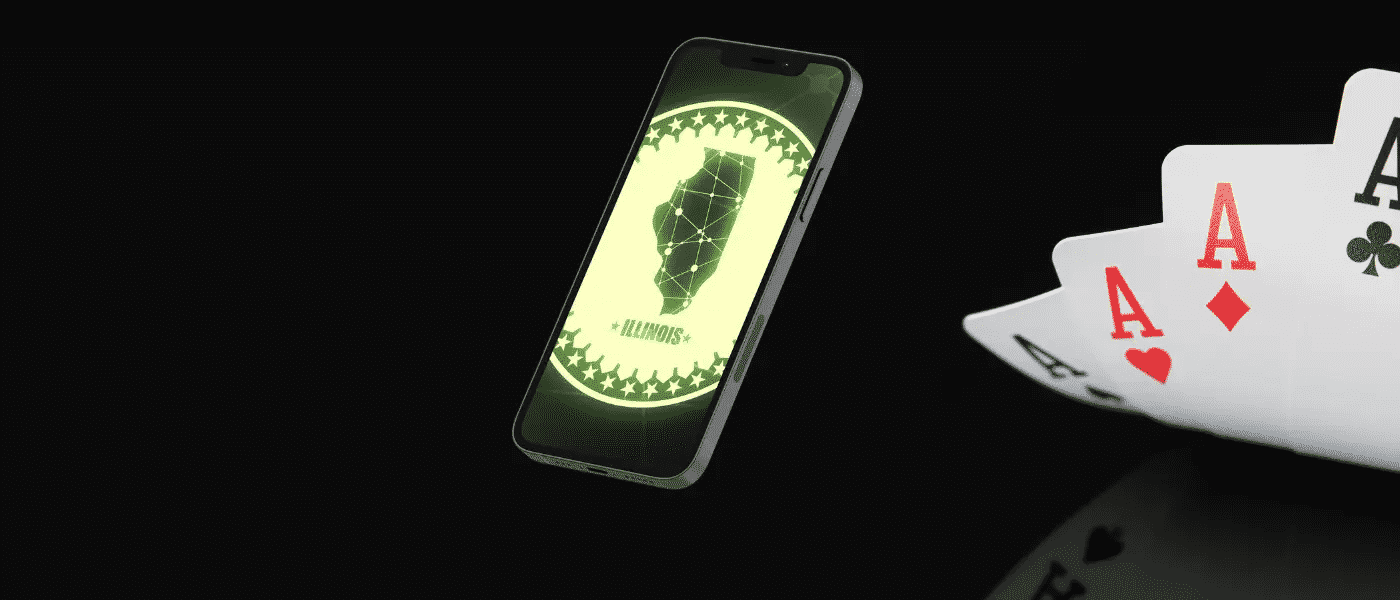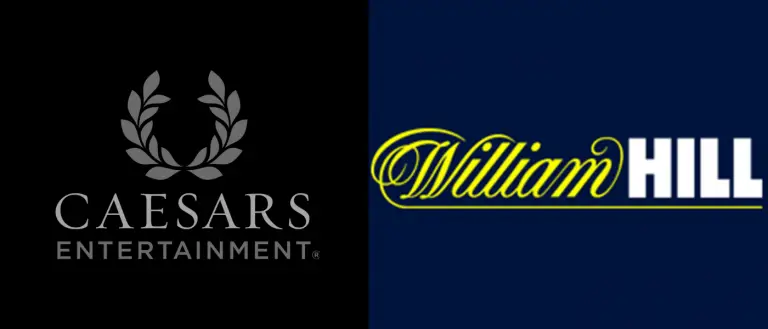Illinois Jumps Into Online Poker And Casino Conversation

As the saying goes, when one door closes, another door opens. And that is precisely what happened in the Midwest when it comes to legalizing online poker and casino games.
Indiana online casino hopes went down the drain last week, but at the same time, its neighbor to the north, Illinois, introduced an online casino and poker bill of its own.
The new legislation, HB 3142, was introduced by Rep. Robert Rita bearing the title of the Internet Gaming Act.
“Creates the Internet Gaming Act. Authorizes a casino or racetrack to offer Internet gaming or contract with a platform to offer Internet gaming, as regulated by the Illinois Gaming Board. Provides the requirements for Internet gaming platforms, Internet wagering accounts, and licenses issued under the Act. Includes provisions for age verification, location of wagering, responsible gaming, diversity goals in procurement and spending by Internet gaming licensees, the applicability of the Illinois Gambling Act and the Uniform Penalty and Interest Act, acceptance of out-of-state wagers, and limitations on home rule units. Provides that a 12% privilege tax is imposed on Internet gaming to be deposited into the State Gaming Fund. Provides that certain tax revenue from Internet gaming shall be paid to the Department of Human Services for the administration of programs to treat problem gambling, the Pension Stabilization, and the Education Assistance Fund. Authorizes the adoption of emergency rules to implement the Act and makes conforming changes in the Illinois Administrative Procedure Act. Effective immediately.”
Inside the Illinois Online Casino and Poker Bill
The IGA is a mostly standard piece of online gambling legislation, but it does diverge in some intriguing ways.
The nuts and bolts of Illinois’ gambling expansion bill are as follows:
- Legalizes online casino games including online poker sites.
- Operator licenses are restricted to the state’s ten casinos and three race tracks.
- Each licensee can launch up to three branded sites (skins), capping the market at 39 sites.
- The upfront licensing fee $500,000. Licenses are renewed every four years at the cost of $250,000.
- The tax rate is set at 12%.
- It calls for a $10 million stipend for problem gambling treatment and research.
But as noted, there are also a few interesting elements in Rep. Rita’s proposal.
The legislation contains an in-person registration requirement for the first six-months. The inclusion of in-person registration is a headscratcher considering Illinois removed the same condition for sportsbooks during the pandemic. The practice is also seen as one of the easiest ways to tamp down a market.
The bill also contains language that would fast-track the launch of Illinois online casino and poker sites, but the manner that such an accelerated timeline would be accomplished is questionable, as it imposes:
- A 90-day timeline for the Illinois Gaming Board to enact emergency rules
- A 30-day temporary licensing approval process for active online sports betting operators in Illinois
These accelerants don’t account for game testing and parts of the process that have caused other states to take no less than nine months (New Jersey) and more often 12-plus months to launch online gambling.
The IGA would also allow operators to leverage their existing online casino operations in three ways:
- The bill allows the IGB to enter into interstate online poker agreements with other states.
- Operators can link player accounts from other states.
- Servers can be located out-of-state.
Does Illinois Online Gambling Have a Chance?
The IGA isn’t Illinois’ first crack at legalizing online casinos and poker. Illinois was one of the earliest states to consider online gambling expansion and even had a puncher’s chance back in 2017-2018 when a comprehensive gaming expansion bill emerged at the end of the legislative session before fizzling out.
This latest effort comes amid a far different landscape, as Illinois has already legalized retail and mobile sports betting and daily fantasy sports received a favorable Illinois Supreme Court decision in 2020.
As Chris Grove noted on Twitter, this is an industry-friendly bill, particularly regarding the licensing fee and tax rate. As Grove notes, the bar will almost certainly get raised if the bill gains traction.
Beyond that, there will be the usual jockeying by stakeholders, opposition from the VGT industry, the Illinois online lottery, and the usual anti-gambling rhetoric.
A final factor that could work for or against Illinois is its recent legalization (2019) and launch (2020) of online sports betting. Lawmakers could see Illinois online casinos as an opportunity to build on the state’s early sports betting successes. Conversely, they could be loathed to expand gambling further before the paint has dried on the last expansion.





